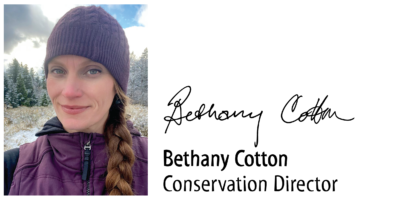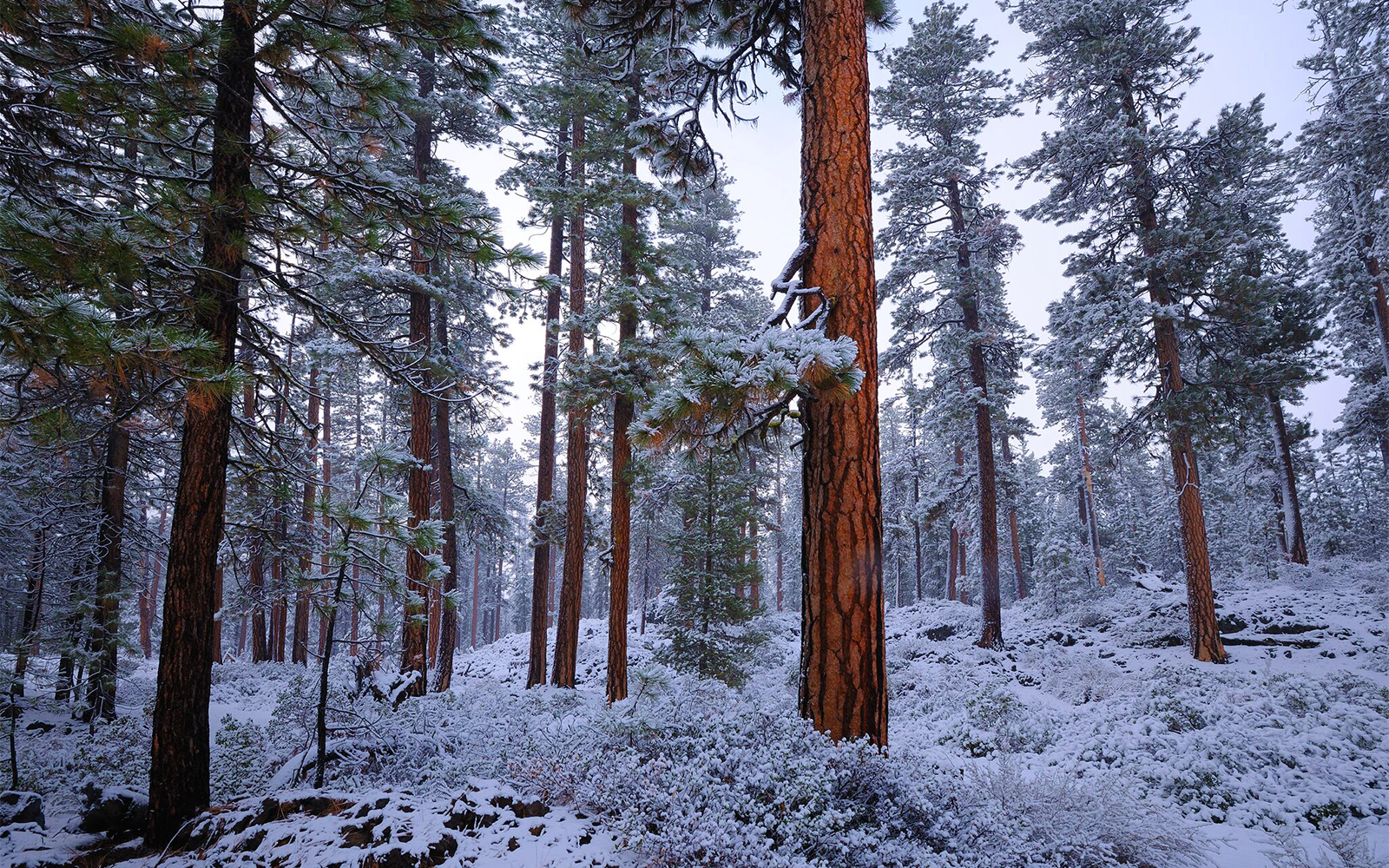I’ve long described my commitment to conservation as a combination of love and outrage: profound love for the wild places and wildlife we work to protect and outrage at the destruction for which our fellow humans are responsible. On Wednesday, I felt that same combination. This time a deep and abiding love for the people of Georgia for overcoming countless efforts to suppress the vote — particularly that of communities of color — as well as braving the risks of voting during the ongoing pandemic to elect both their first Black and first Jewish Senator and shift the balance of power in the Senate. And rage at the white supremacist violence in D.C. and the disproportionately mild law enforcement response.
Cascadia Wildlands condemns violence, the effort to overturn a free and fair election, the racist and anti-Semitic symbolism displayed by the seditionist mob, and demonization of the free press. As an organization birthed in the forest defense movement, we believe firmly in the right to protest, of free speech and to petition our government for a redress of grievance. We exercise those rights regularly and peacefully. What we saw on Wednesday was not that. Armed and unhinged rioters parading the confederate flag — the virulent symbol of hate, division and sedition — in the halls of Congress was not just an act of literal violence, but one of violence against our representative democracy. It was a manifestation of the institutional racism that continues to plague our country.
In 12 days, we have an opportunity to usher in a new era. The new administration cannot erase what has happened in these last four years, but we can work to reverse much of the worst actions — particularly those that were anti-environment and anti-civil rights — and we can shift from a frame of constant defense and fear to one of proactivity and possibility. We are choosing hope — buoyed by important progress, like the appointment of our first Native American Secretary of the Interior, Deb Haaland. America is waking up to the reality that racial justice and environmental justice are intrinsically linked. Cascadia Wildlands knows that our conservation advocacy must be intersectional. We have no time to waste.
We also have no delusions that everything will be peachy under the new administration. We will continue to advocate, agitate, and when necessary, litigate to secure the safeguards and policies essential to confront the climate crisis, defend Cascadia’s imperiled forests, and protect and recover our region and our country’s most imperiled species. We will stand in solidarity with frontline communities as we address environmental injustice. We will actively work to dismantle systemic racism and continue to educate ourselves to better understand the myriad struggles marginalized communities face so we can be more effective allies.
This year will also be hard. The virus’ impact will be worse before it is better, and the white supremacy-infused violence displayed in D.C., Salem, Olympia and elsewhere this week is not at an end. But we look forward with hope. Recent events are a reminder of the importance of accountability in ensuring a brighter future. In 2021, we’ll be holding our leaders accountable at every level, from the Eugene City Council for its commitments to climate goals, to our state and federal delegations, all the way to the White House.
Our gatherings will largely continue to be virtual, but we are looking forward to when it will be safe to gather again in protest, in advocacy and in celebration. We know you’re tired of Zoom meetings, but we hope you’ll stay engaged and inspired by the possibilities that lie ahead. In the meantime, join WildCAT (Cascadia Action Team), take action to confront reckless post-fire clearcutting in the famed North Santiam, McKenzie and North Umpqua watersheds, sign up for upcoming Oregon virtual wildlife lobby days, and come along for forthcoming COVID-safe field excursions. Join us in letting the new administration know we demand environmental protection be a lodestar, not an afterthought.
As the seasons turn, you’ll hear from us about exploring Cascadia’s most beloved and threatened places — the Elliott State Forest in the Coast Range, post-fire landscapes in the Cascades to find morels and learn about fire ecology, and iconic landscapes in need of enduring protection, like the lower Rogue River in the Siskiyou Mountains. In the meantime, we hope you can get outside and take some measure of solace in the natural beauty of Cascadia. Breathe deep. Onward.
We are so appreciative to have YOU at our side as we enter a new era.


